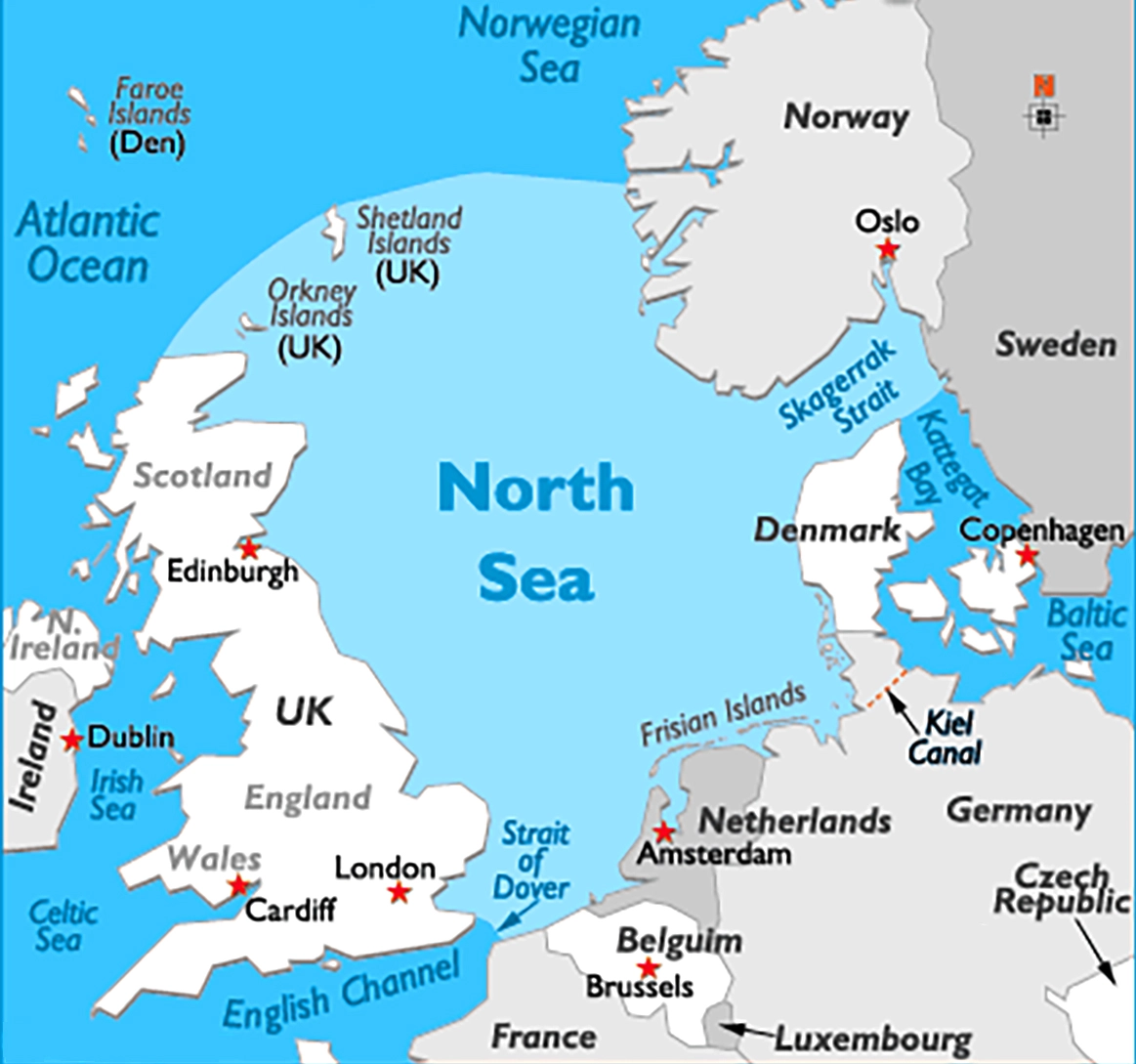India- UK Free Trade Agreement | 14 Jan 2022
For Prelims: Free Trade Agreement (FTA), G20 countries, Regional Comprehensive Economic Partnership deal, World Trade Organisation.
For Mains: India-UK Free Trade Agreement and its significance for India, Free Trade Agreements,
Why in News
Recently, India and the UK have launched the formal Free Trade Agreement (FTA) negotiations, that both countries envisage concluding by the end of 2022.
- Until then, both countries are contemplating an interim free trade area, which will result in reducing tariffs on most of the items.
Key Points
- About the Agreement:
- Both countries agreed to an early harvest scheme or a limited trade agreement to lower tariffs on a small set of goods apart from easing rules for select services.
- Further, they agreed to avoid “sensitive issues” and focus on areas where there is more complementarity.
- The agriculture and dairy sectors are considered sensitive sectors for India in trade talks.
- Also, a target of doubling the trade between India and the United Kingdom (UK) by 2030 has also been set.
- Free Trade Agreement (FTA):
- It is a pact between two or more nations to reduce barriers to imports and exports among them.
- Under a free trade policy, goods and services can be bought and sold across international borders with little or no government tariffs, quotas, subsidies, or prohibitions to inhibit their exchange.
- The concept of free trade is the opposite of trade protectionism or economic isolationism.
- FTAs can be categorised as Preferential Trade Agreement, Comprehensive Economic Cooperation Agreement, Comprehensive Economic Partnership Agreement (CEPA).
India-UK Trade Relations
- About:
- India and the UK are vibrant democracies, with a partnership built on our shared history and rich culture.
- The diverse Indian diaspora in the UK, which acts as a “Living Bridge”, adds further dynamism to the relations between the two countries.
- The UK is one of the largest investors in India, among the G20 countries.
- Significance of FTA between India & the UK:
- Increasing Exports of Goods: Trade deals with the UK could boost exports for large job-creating sectors such as textiles, leather goods, and footwear.
- India is also expected to register a quantum jump in the export of Marine Products through the recognition of 56 marine units of India.
- Mutual Recognition Agreements (MRAs) on Pharma could provide additional market access.
- Clarity on Services Trade: The FTA is expected to provide certainty, predictability and transparency and will create a more liberal, facilitative and competitive services regime.
- There is also great potential for increasing exports in service sectors like IT/ITES, Nursing, education, healthcare, including AYUSH and audio-visual services.
- Visa restrictions have been a key issue for India to boost services trade.
- Exit from RCEP: India opted out of the Regional Comprehensive Economic Partnership deal in November 2019.
- Therefore, there is a renewed focus on trade deals with the US, the European Union and the UK, which are key markets for Indian exporters and are keen to diversify their sourcing.
- Strategic Advantage: The UK is a permanent member of the UN Security Council, and one of the strategic partners of India.
- Strengthening bonds with the trade would seek UKs support at global issues like standoff with China in the Ladakh sector of the Line of Actual Control (LAC) and claim for permanent seat at UNSC.
- Increasing Exports of Goods: Trade deals with the UK could boost exports for large job-creating sectors such as textiles, leather goods, and footwear.
- Associated Challenges:
- Delays in Signing FTAs: Interim agreements, which reduce tariffs on some products, can however in some cases lead to significant delays in achieving comprehensive FTAs.
- India, in 2004, signed an interim trade agreement with Thailand to reduce tariffs on 84 goods, but the agreement was never converted to a full-fledged FTA.
- WTO Challenges: Interim FTA do not graduate into full FTAs can also face challenges from other countries at the World Trade Organization(WTO).
- The WTO rules only permit members to give preferential terms to other countries if they have bilateral agreements that cover “substantially all the trade” between them.
- Delays in Signing FTAs: Interim agreements, which reduce tariffs on some products, can however in some cases lead to significant delays in achieving comprehensive FTAs.
Way Forward
- India is one of the fastest-growing large economies of the world and FTA with the UK has played a significant role in enhancing the trade volume of the country.
- However, according to policymakers, FTAs signed by India with the UK have not brought the expected tangible benefits and, on the contrary, have hurt the country’s manufacturing sector due to liberal rules of origin.
- Therefore, there is a need for a detailed assessment of FTAs in terms of goods, services and investment flows by all the stakeholders involved.

